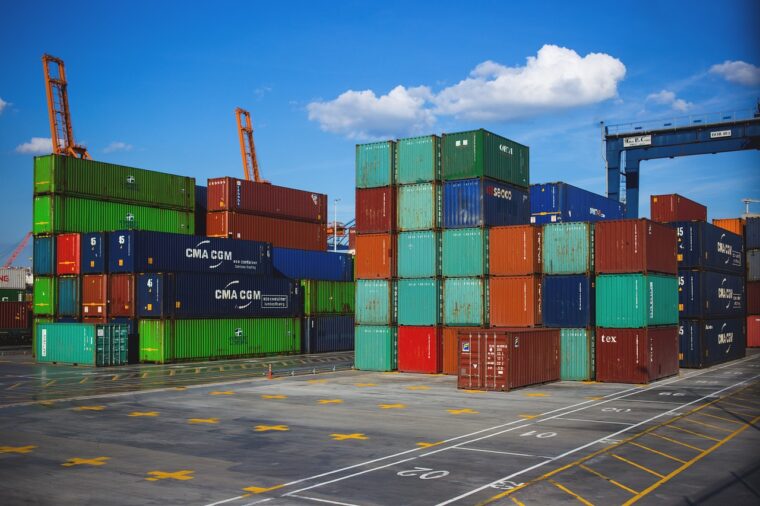Posted on October 19, 2012 by loanuniverse
When a small business owner tries to get into exports, it encounters two serious obstacles.
a) Dealing with the difficulty of a foreign customer base, and what that entails. (difficulty assessing their creditworthiness, longer terms required to make the sale, political risk, currency exchange risk, and lack of market knowledge)
b) Finding a lender that will be willing to finance your foreign receivable trade assets.
As a commercial lender in one of the top three states with the largest number of small business exporters, I have become very familiar with export credit insurance provided by the Export-Import Bank of the United States. This government agency purpose is to help U.S. businesses increase their export of goods and services to international markets.
How does Export Credit Insurance work?
Credit insurance pays the small business exporter in cases of nonpayment as well as political risks in foreign markets {civil war / currency exchange freeze}. The process of obtaining the insurance starts when the small business approaches Ex-Im Bank directly or through a broker and requests coverage by filling out an application, and providing the following:
Updated financial statements.
A breakdown of export credit sales and write-offs for the last three years.
Updated accounts receivable aging
Once approved, the small business can submit a claim to Ex-Im Bank in case of nonpayment and received anywhere from 90% to 100% of the amount due. It is important to remember that the goal of Ex-Im Bank insurance is to promote the export of US goods, which means that only goods that have 51% USA made content or higher to qualify.
How much does it cost?
Ex-Im Bank has a tiered premium fee schedule, but premiums are usually around 1% of the sale amount. It should be clear that premium is due monthly on all insured shipments. This means that a small business with insured foreign sales of $500,000 should be expected to pay $5,000 in premiums.
So now that I have the insurance, how do I get a loan?
First lets clear something up, having the insurance does not guarantee that your business will get approved for the loan, but it improves and enhances the collateral. The lender will still need to feel comfortable with the business to provide the loan.
The way that it works is that the insurance policy will be assigned to the lender, and the lender can then establish a credit line and advance money on those insured sales. In fact, a good lender would try to get an enhanced assignment so that in case the borrower messes up the paperwork, the lender is still covered.
You mentioned paperwork, please elaborate?
Getting export insurance and getting a loan with export insurance require certain obligations on the part of the borrower. Not only do you have to apply to the insurer and the borrower separately, but there are reporting requirements to both on a monthly basis.
The insurer needs to make sure that you are paying all of the premiums, and that you are being careful in your extension of credit as well as being on top of any accounts that might go past due.
The lender needs to make sure that you are meeting your obligations with the insurer, and that the advances are for insured receivables.
Anything else a small business exporter should know?
I guess the biggest is that Ex-Im Bank is not the only game in town when it comes to export insurance. I have underwritten lines of credit for the financing of foreign receivables that had assignments of insurance policies from Euler and Coface. Those two entities are private enterprises that provide receivable insurance also. They are good when your customer is located in one of those countries that have
limitations such as Venezuela or your product does not meet the USA origin content requirement of Ex-Im Bank. Premiums for those policies are usually higher in my experience.
The other thing to remember is that Ex-Im insurance policies come in different types. You can have single buyer policies, multiple buyer policies, small business policies, etc. The people at Ex-Im are pretty good at giving advice so I suggest you contact them for further information.
